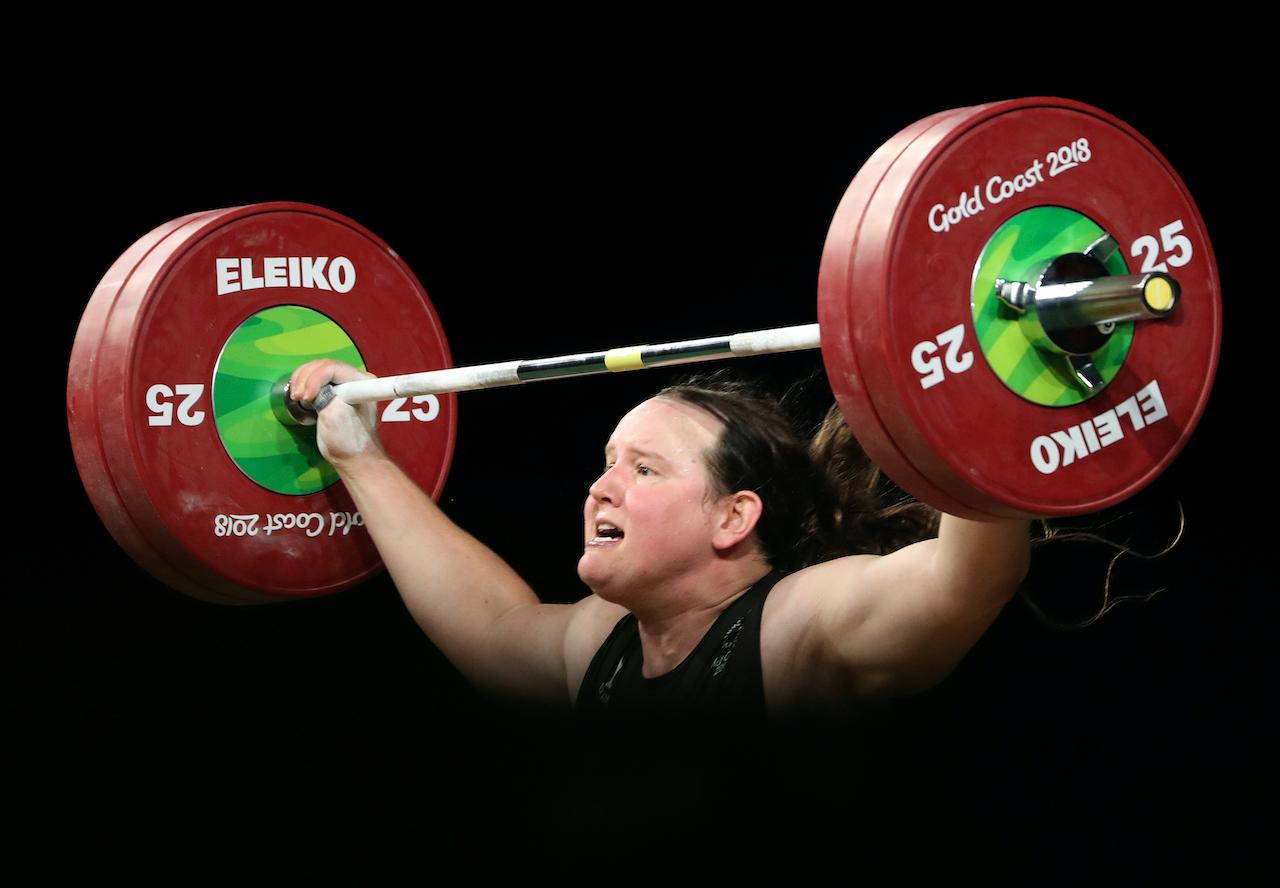New Zealand weightlifter will be first transgender athlete to compete in Olympics
Laurel Hubbard became eligible to lift in the Olympics as a woman after her testosterone levels dropped below the required threshold.
Just In
A New Zealand woman has become the first transgender athlete to be selected to compete in the Olympics – a decision that is expected to launch more furious debate about gender identity in sports, says the New York Post.
Weightlifter Laurel Hubbard, who was born male but transitioned to female, has been picked to participate in the upcoming summer games in Tokyo, New Zealand Olympic Committee chief Kereyn Smith said on Monday.
Hubbard is poised to make history and headlines, as well as significant controversy, says the Guardian.
The 43-year-old, who will be the fourth oldest weightlifter at an Olympics, is regarded as a genuine medal contender in the women’s super heavyweight 87kg-plus category in Tokyo.
But while her inclusion has been welcomed by trans groups, it has also been questioned by those who believe she has unfair advantages in strength and power, having gone through male puberty before transitioning in 2012.
“We acknowledge that gender identity in sport is a highly sensitive and complex issue requiring a balance between human rights and fairness on the field of play,” Smith said in a statement.
“As the New Zealand team, we have a strong culture of inclusion and respect for all and manaaki,” he said, using the Maori word for caring.
Hubbard transitioned in her 30s and had previously competed as a male weightlifter.
She became eligible to lift in the Olympics as a woman after her testosterone levels dropped below the required threshold.
She said in a statement, “I am grateful and humbled by the kindness and support that has been given to me by so many New Zealanders. Your support, your encouragement, and your aroha (love) carried me through the darkness.”
Critics argue she has unfair advantages competing against other women.
Female Belgian weightlifter Anna Van Bellinghen said that allowing a transgender woman to compete in the women’s event was unfair and that the situation was “like a bad joke”.
Former teammate Tracey Lambrechs said in an interview last month that many fellow female weightlifters have concerns that are being ignored.
“I’ve had female weightlifters come up to me and say ‘This isn’t fair, what can we do?’,” she told broadcaster TVNZ.
“Unfortunately there’s nothing we can do because every time we voice our concerns we get told to be quiet.”
Subscribe to our newsletter
To be updated with all the latest news and analyses daily.
